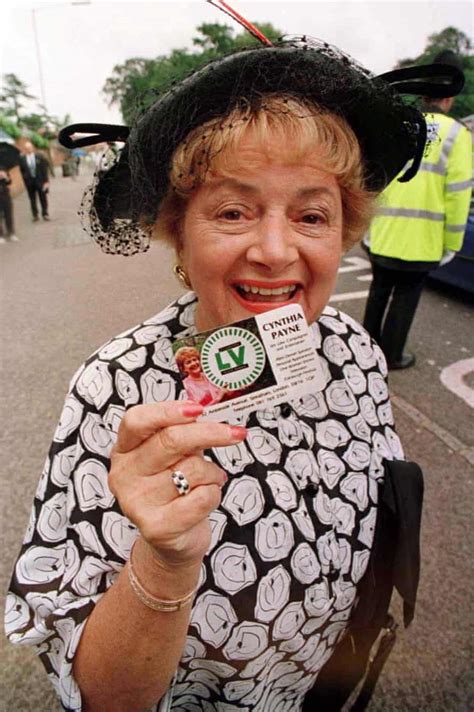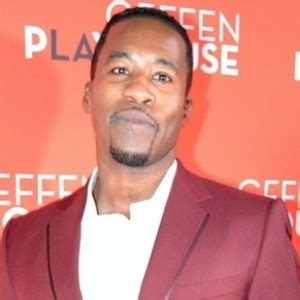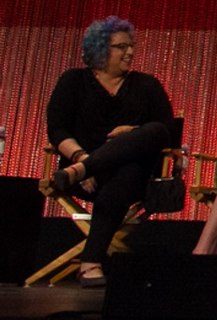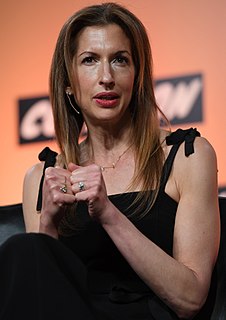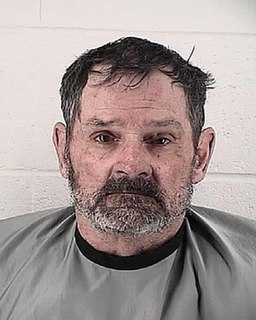A Quote by Nawal El Saadawi
During the '80s I wrote Memoirs from the Women's Prison. This is one of my most important books. It came out in Arabic in '83. About my experience in prison.
Related Quotes
There is, on the whole, nothing on earth intended for innocent people so horrible as a school. To begin with, it is a prison. But in some respects more cruel than a prison. In a prison, for instance, you are not forced to read books written by the warders and the governor. . . .In the prison you are not forced to sit listening to turnkeys discoursing without charm or interest on subjects that they don't understand and don't care about, and therefore incapable of making you understand or care about. In a prison they may torture your body; but they do not torture your brains.
My personal story is that my father was a heroin addict and a heroin dealer and has been in and out of prison my entire life, he's been arrested sixty times. I also have an older brother addicted to crack cocaine who's been in and out of prison so it was really important for me to tell a story that shows the humanity and the journey of a man getting of our prison and trying to re-acclimate into society. It's apart of our community that we have stereotypes and ideas about but we don't actually know much about it, unless we know someone personally.
Men's memoirs are about answers; women's memoirs are about questions. Most male authors want to look good in their memoirs and have a place in posterity, while most women know that posterity is what happens when you no longer care. Women want to connect with others here and now; they couldn't care less about legacy!
The war on drugs has been the engine of mass incarceration. Drug convictions alone constituted about two-thirds of the increase in the federal prison population and more than half of the increase in the state prison population between 1985 and 2000, the period of our prison system's most dramatic expansion.
If you go to a network and say, "I wanna do prison stories about black women and Latino women and old women," you're not gonna make a sale. But, if you've got this blonde girl going to prison, you can get in there, and then you can tell all the stories. I just thought it was a terrific gateway drug into all the things I wanted to get into.
Prison is an important part of life. We can't have violent people running around in the streets. (3 out of 4 federal prisoners are serving time for non-violent crimes.) Most competent and qualified kindergarden teachers can tell you who the 5 kids are in his or her class likely to wind up in prison 15 - 20 years from now.
We did tons of research. We went to visit a prison. We had speakers. We have read tons of supplementary material, books and articles. We are constantly emailing articles around the writers' room. We have dipped ourselves in prison culture and lore and media, and the experience and the people. We really want to be as informed as possible.


